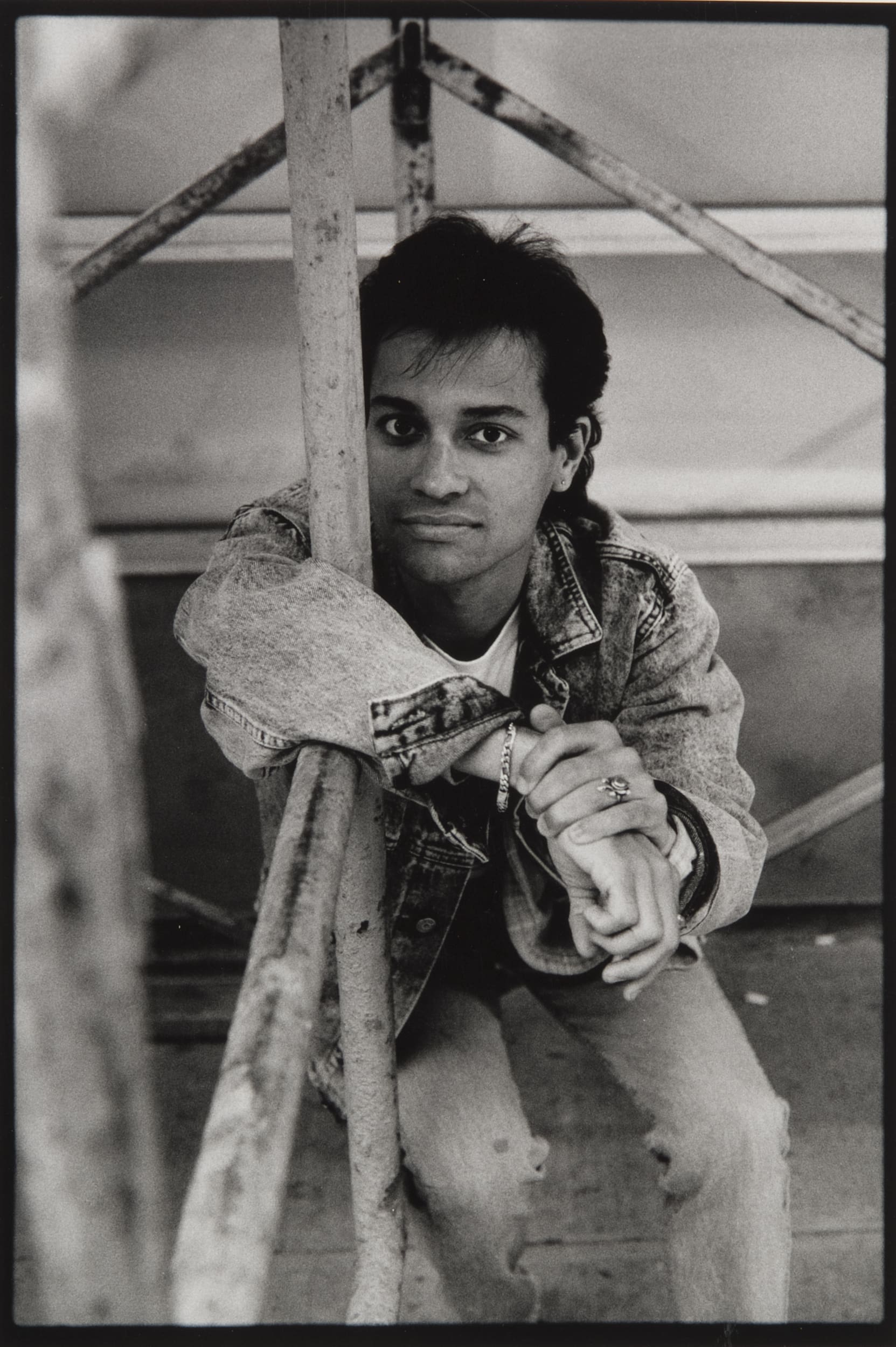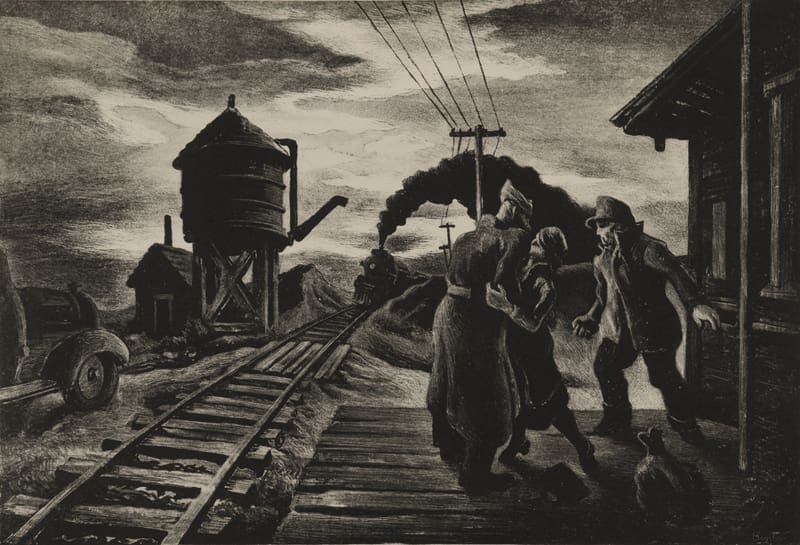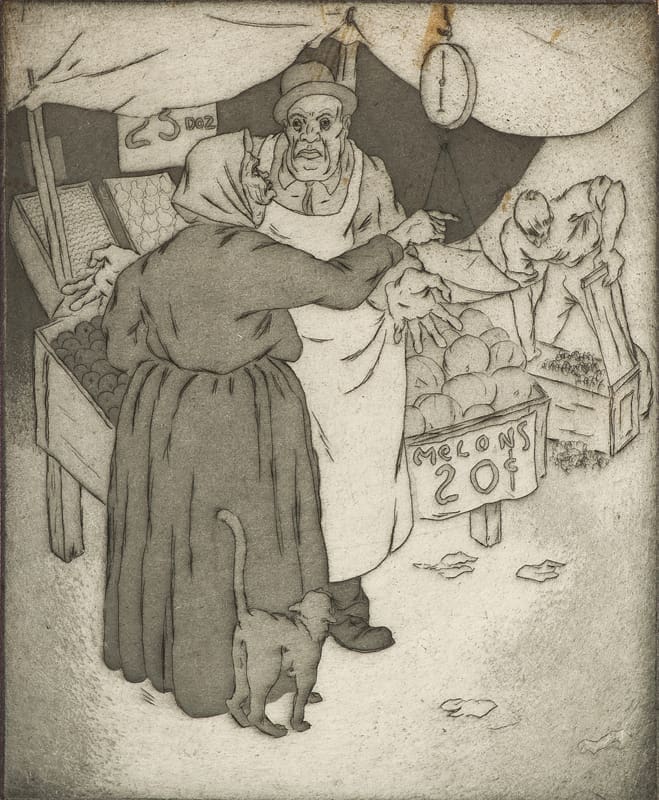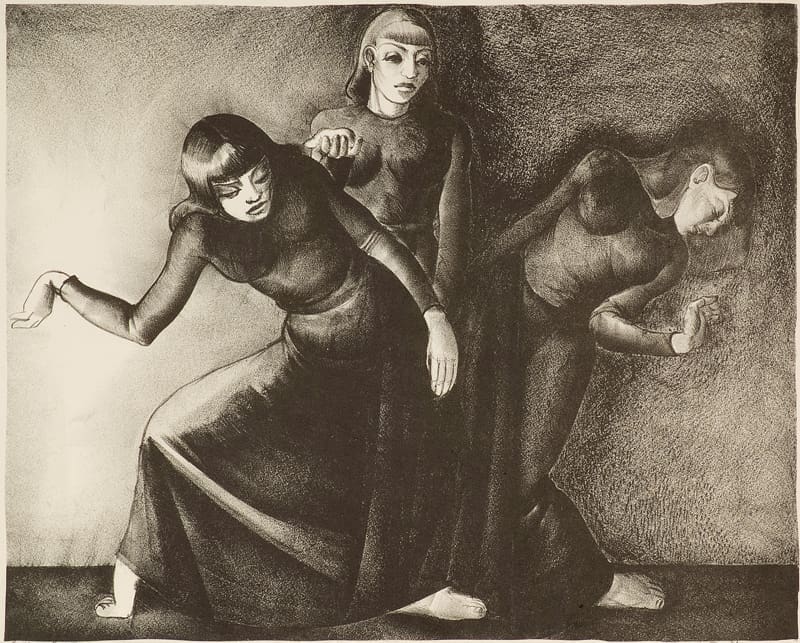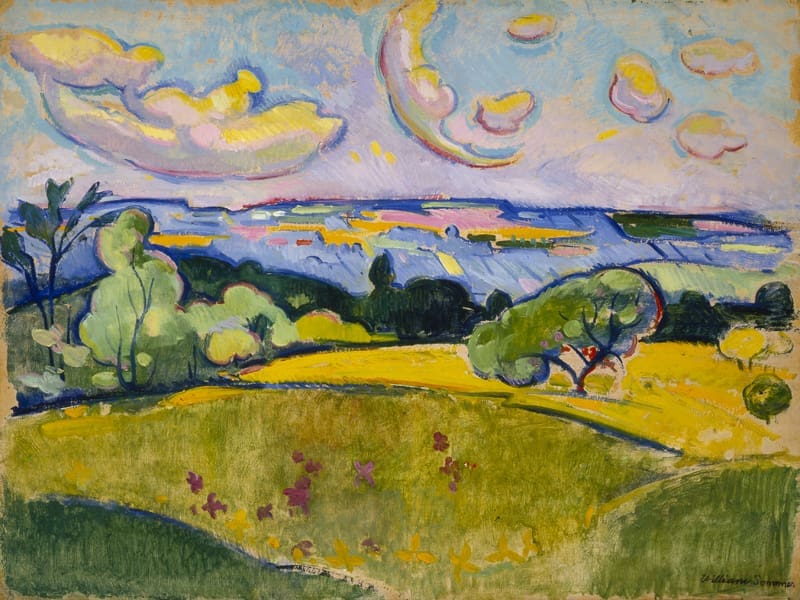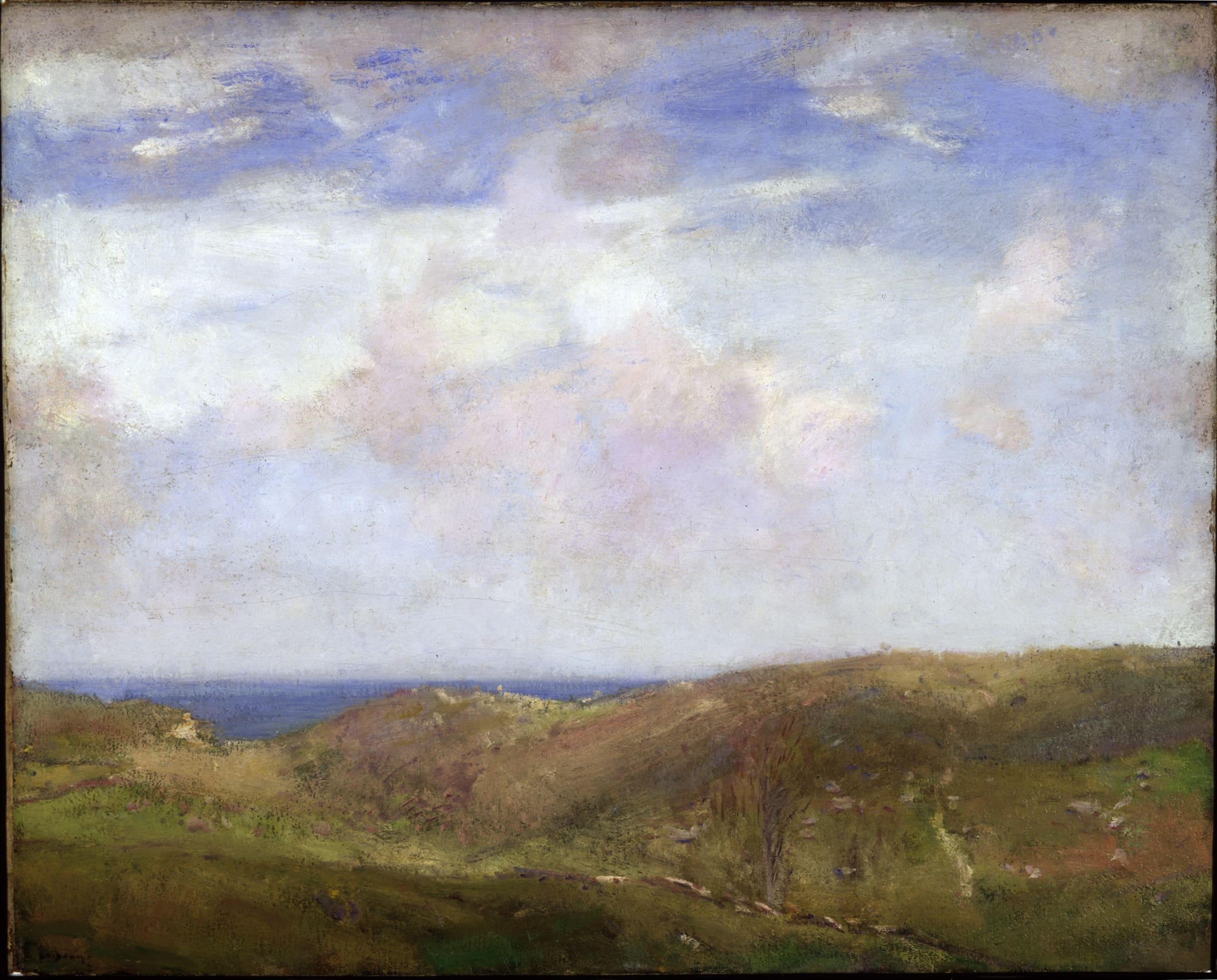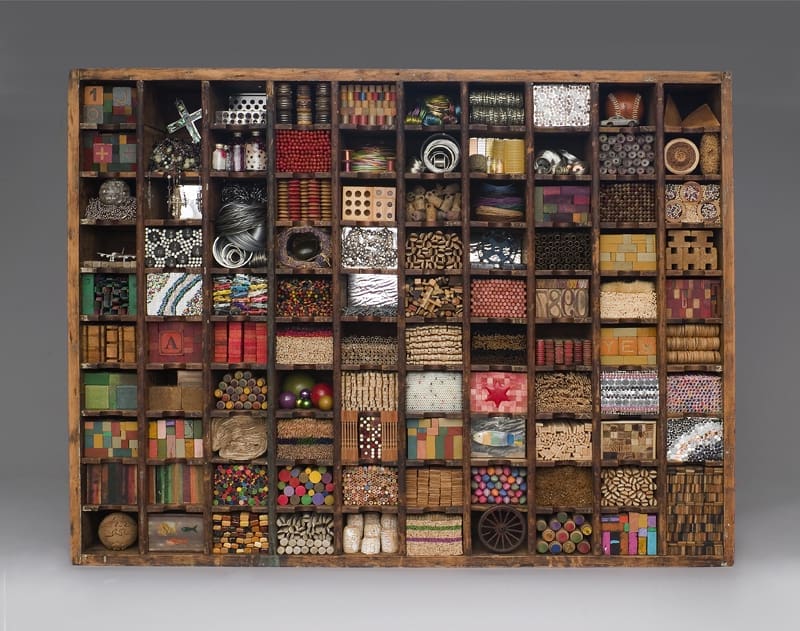Contributor: Jeff Katzin
Virtual Tour
Totally Rad: Bold Color in the 1980s By Jeff Katzin, Curatorial Fellow This exhibition about the vibrant hues of the 1980s started with a simple question: “What’s that?” This is what I asked Steph Petcavage (the Museum’s collections manager) and Seema Rao (our deputy director) as the three of us walked past a spindly, multicolored, and unmistakably ‘80s-looking sculpture in our art storage area. I’d actually been meaning to ask about the piece ever since I’d noticed it a few weeks earlier—even in a big
Virtual Tour
Totally Radical: Art and Politics in the 1980s By Jeff Katzin, Curatorial Fellow When I started to pull together a list of artworks from the Akron Art Museum’s permanent collection for a show about art and American politics in the 1980s, I was amazed at what I found. A wide variety of our objects are directly connected to some of the decade’s biggest issues—the AIDS crisis, the intensifying feminist movement, ongoing calls for racial justice, struggles between corporations and labor unions, environmental preservation, and the
Morning Train
As a prominent participant in the Regionalist movement, Thomas Hart Benson portrayed scenes of rural America in a manner that appears visually stylized yet reflective of everyday reality. background. Her bent pose is unusual and it is unclear why she has her hands clasped behind her head. Is she injured? Is she trying to take off her dress?
Market
In this scene from the Great Depression, a street vendor selling melons, pears, and other fruit contends with a dissatisfied customer.
Torremolinos, Spain
In this mysterious image, a lone figure draped in a flowing white garment seems to press into the wind as an ocean wave breaks in the background. Her bent pose is unusual and it is unclear why she has her hands clasped behind her head. Is she injured? Is she trying to take off her dress?
Studio Interior with Flowers on Bench
Joseph O’Sickey believed “The subject doesn’t matter… what the artist brings to it is the important thing.”
To Uncertainty
Honoré Guilbeau had early aspirations as a dancer, but soon after enrolling in classes at the Art Institute of Chicago, she shifted her focus to printmaking. Her thoughts were never far from dancing however, and she often featured dancers and theater scenes in her works. In this print, the three dancers and their movements appear somewhat enigmatic. Their forms seem to emerge from the same core, yet they have separate upper bodies. Or, the figures could all represent the same dancer at different moments in
Landscape with Yellow Clouds
A longtime favorite across Northeast Ohio, William Sommer absorbed ideas from Cubism and other modern European art movements, adapting them to his distinctly Midwestern subject matter of farm scenes, landscapes, and portraits. Sommer painted this landscape shortly after he visited New York City for the groundbreaking Armory Show of modern art in 1913. It was there that he saw innovative works by artists like Paul Cézanne and Vincent van Gogh. He was especially enthralled by the work of French painter Henri Matisse, whose bold and
And Southward Dreams The Sea
In this painting Charles H Davis’ lasting and thorough attentiveness paid off with clouds that are not simply white, but also gray, blue and violet as sunlight streams through them.
Retrospective, La Wilson
Wilson’s largest and most complex assemblage, Retrospective summarizes and celebrates the many different types of objects that she incorporated into her work over the course of more than fifty years.



